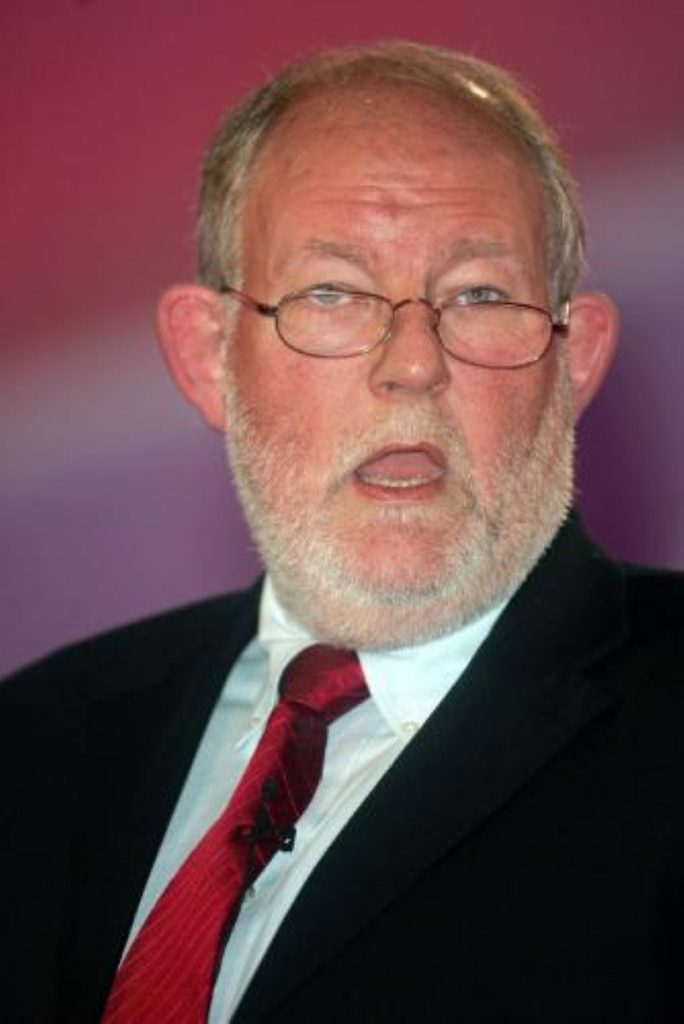Terror suspects to be held for three months
Terrorist suspects could be held for up to three months under the government’s proposed new anti-terrorist legislation.
In a letter to his Conservative and Liberal Democrat counterparts, home secretary Charles Clarke reveals that he has bowed to police pressure to extend the detention period from its current limit of 14 days.
But he admits that both David Davis and Mark Oaten have expressed reservations about the move and insists that the three-month period would be a maximum and subject to weekly review by a district judge.
Police and the Criminal Prosecution Service have called for the extended detention on the basis that it often takes much longer than a fortnight to sift through encrypted computer data, follow up international intelligence and recover evidence from a crime scene.


And today Mr Clarke indicates that he accepts their case, but adds: “I should stress that this addresses a maximum time period which we would expect to be reached only in very rare cases.
“Continued detention would need to be approved by a district judge on a weekly basis and would only be permitted if the district judge was satisfied that the further detention was justified and that investigation was being taken forward as efficiently as possible.”
He acknowledges that both the Lib Dems and the Tories have had “some reservations” about this in the past and welcomes any comments they may have.
“In particular, it may be that you are convinced by the case for some extension, but feel that three months is too great an extension. I would be interested in your views on this particular point,” he writes.
Mr Clarke also confirms that a power would be created not only to prosecute those indirectly inciting terrorism, but also those who glorify acts of terrorism.
“We are, of course, conscious that such an offence needs to be carefully drawn and needs to balance the proper exercise of freedom of speech, even where the views that are aired are deeply objectionable, with our duty to address radicalisation and the celebration of acts which are simply unacceptable,” he writes.
Civil rights group Liberty said that while some of the anti-terrorism proposals were “worthy of constructive scrutiny”, the draft bill as it stood would “reintroduce internment and make loose talk a serious criminal offence”.
Director Shami Charkrabarti said police should be given adequate investigation time, but that three months detention was the equivalent of serving a six-month custodial sentence without ever having been charged with a criminal offence.
And she warned the new offence of glorification was “so broad the home secretary will take powers to determine which historical figures were terrorists and which freedom fighters”.












